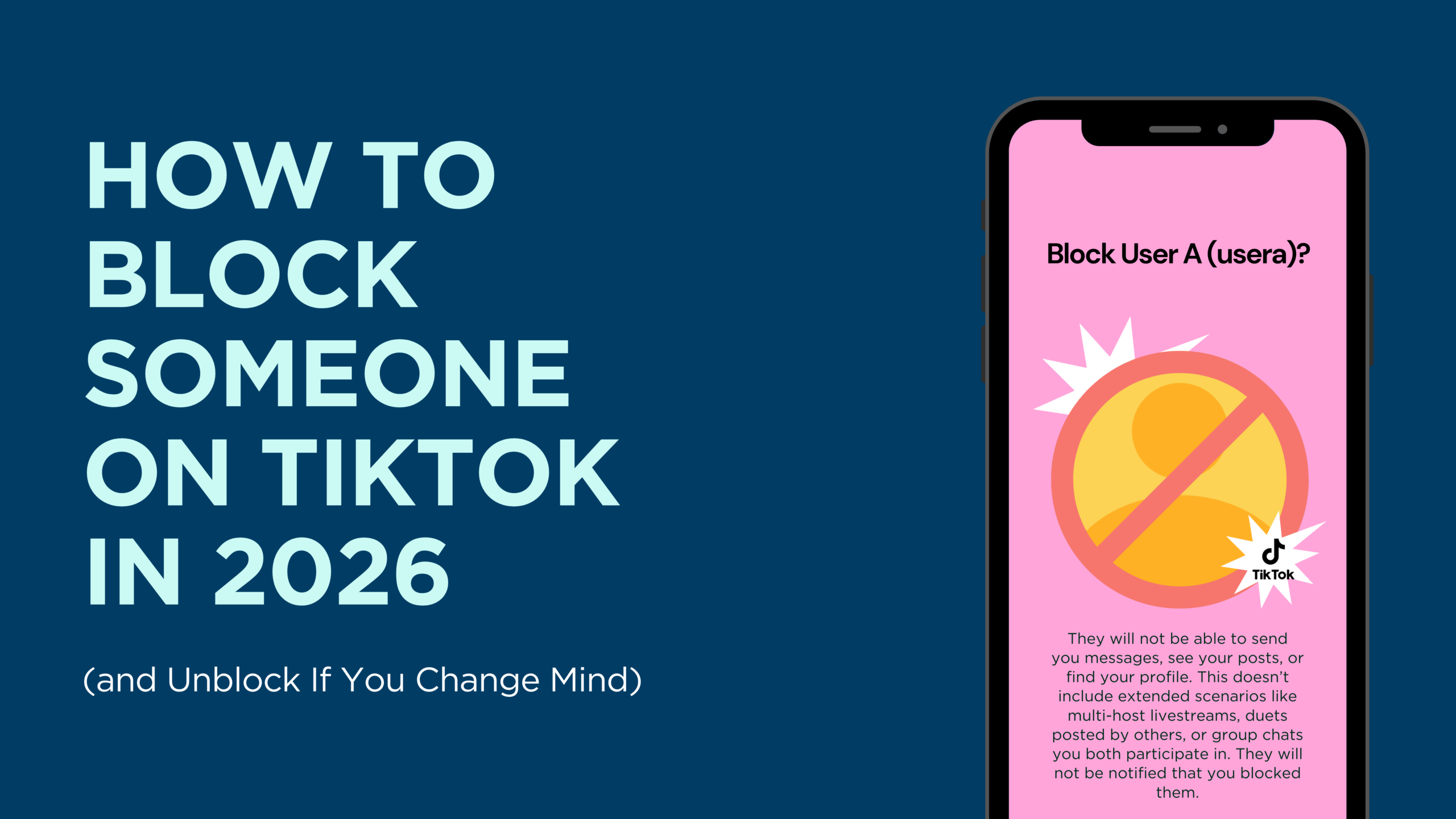
Did you know your Internet Service Provider (ISP) can track most of what you do online? From the websites you visit to the apps you open, your digital life isn’t nearly as private as it feels. That’s exactly why so many people turn to VPNs — they want to keep their browsing away from their ISP’s eyes.
But here’s the real question most people care about: can your ISP see a VPN in use, and can they still track you even when it’s on?
The short answer is yes — your ISP can tell you’re connected to a VPN. But no — they cannot see what you’re doing inside it. Below, we break down exactly what your ISP can and can’t see when you browse with a VPN, in the simplest terms possible.
Before diving into the technical details, here’s a simple visual explanation that shows exactly how exposed you are without a VPN — and what changes the moment you activate one.
Table of Contents

Want this level of protection for your own device? Try X-VPN now →
As the comic shows, browsing without a VPN means your ISP can see everything your connection touches. The moment you turn a VPN on, that visibility collapses behind an encrypted tunnel.
But what does “everything” really mean? Let’s break it down.
What Your ISP Can See Without a VPN

Many people assume their home Wi-Fi network is a private bubble. Unfortunately, that’s not how the internet works. The moment your data leaves your device, it flows directly through your ISP. Without a VPN, they become the all-seeing middleman with access to far more than most users imagine.
Here’s exactly what your ISP can see when you browse unprotected:
1. Your Digital Footprint: Websites and Apps
Your ISP may not read the exact article you’re viewing, but they always know which website domain you’re visiting. They can see how often you access news sites, shopping platforms, social media, or anything else.
This visibility extends beyond your laptop. Every mobile app — banking, dating, social media, gaming — connects to a server. Your ISP sees those server requests too, allowing them to identify which services you use and how often.
If you want to learn more about why VPNs are essential for protecting sensitive activities like banking, check out our guide to Safe Online Banking with VPN.
Independent research supports the extent of this visibility. A report from the U.S. Federal Trade Commission found that major ISPs collect and use extensive consumer data across browsing history, app usage, location, and even connected device behavior.
Source: FTC – “A Look at What ISPs Know About You” (PDF)
2. Your Physical Location and Identity
Your IP address acts like a digital return address, and your ISP is the one who assigns it to your modem or phone. That means your ISP can easily link your online activity to your:
- home address
- account name
- physical location
- device
There is no anonymity when the entity tracking you is the one providing your internet connection.
3. The Risk of HTTP: Fully Exposed Data
Most websites today use HTTPS, but not all of them. When you visit an old or unsecured HTTP website:
- your searches
- your clicks
- your form submissions
- your messages
- your entire session
…are visible to your ISP in plain text.
There is absolutely no privacy barrier on HTTP.
What Your ISP Can See When You Use a VPN
Once you activate a VPN, your internet traffic gets encrypted and routed through a secure tunnel. This significantly reduces what your ISP can observe — but it doesn’t make them disappear entirely.
Here’s what your ISP can still see when your VPN is turned on:
Your ISP Can See:
- That you are connected to a VPN.
This is normal and not suspicious. - The VPN server’s IP address.
They can see where the encrypted tunnel ends. - How much data you send or receive.
But not the contents of that data. - Your connection timestamps.
When your VPN connects and disconnects.
These pieces of information do not reveal anything about your actual browsing activity.
Your ISP Cannot See:
- Websites you visit
- Pages you read
- Videos you watch
- What you search for
- Files you download
- Messages or login details
- Apps or services you use
- Your real IP address
- Your physical location
From the ISP’s perspective, your traffic becomes undecipherable. Everything inside the VPN tunnel appears as encrypted, meaningless data.
In simple terms: your ISP can see the tunnel — but not what’s happening inside.
Why Your ISP Might Care About VPN Usage
If a VPN hides your browsing, why would your ISP care that you’re using one?
It usually comes down to network management.
ISPs sometimes throttle specific types of traffic — especially high-bandwidth activities like streaming, torrenting, or gaming. Throttling helps them reduce congestion on their network.

But when you activate a VPN?
Your ISP can’t identify what type of traffic you’re generating.
A 4K Netflix stream and a simple email look exactly the same. Because of this, your ISP may be unable to throttle your connection selectively — which is exactly why some users see faster streaming speeds when using a VPN.
Can You Hide Your VPN Usage Completely? (Obfuscation)
A standard VPN connection has patterns that ISPs can detect — this is normal.
But if you live in a country with VPN restrictions, or you’re on a network that blocks VPN traffic, you may want to hide even the fact that you are using one.
This is where obfuscation (also called stealth mode) comes in.

Obfuscation disguises VPN traffic to look like regular HTTPS traffic, making VPN usage extremely hard to detect. With obfuscation enabled:
- ISPs can’t reliably recognize your VPN
- VPN blocks are harder to enforce
- deep packet inspection becomes ineffective
This advanced feature isn’t necessary for most users — but essential for those in heavily censored regions.
Good news: X-VPN includes built-in obfuscation, so your VPN traffic automatically looks like regular HTTPS browsing — even on restricted networks.
Why X-VPN Is a Good Choice for Protecting Your Privacy
If you’re looking for a VPN that truly keeps your online activity private, X-VPN is designed for exactly that. It encrypts your traffic, hides your IP address, and prevents your ISP from seeing what you do online — whether you’re browsing, streaming, gaming, or using apps.
Unlike basic VPN services, X-VPN includes features built for real privacy needs:
- Powerful encryption that blocks ISP tracking
- Over 10,000 global servers to ensure fast and stable connections
- Obfuscation modes that help hide VPN usage in restricted regions
- One-tap connection that makes it simple for anyone to stay protected
- No activity logs, ensuring your browsing stays private
Whether you want to stop ISP throttling, secure your connection on public Wi-Fi, or keep your data from being collected, X-VPN gives you an easy and effective way to take control of your privacy. Download our VPN app today for free!
Final Takeaway
Understanding what your ISP can see is the first step toward reclaiming your digital privacy. Without a VPN, your ISP has a nearly full view of your browsing habits and online life. With a VPN, that view collapses.
Your ISP can still see that you’re using a VPN — and they can see how much data you use — but they can no longer track what you do online. A VPN doesn’t make you invisible, but it hides everything that truly matters:
- your searches
- your browsing
- your streaming
- your downloads
- your personal data
- your location
In the world of online privacy, that difference is everything.
FAQ
Can my ISP see I’m using a VPN?
Yes. Your ISP can detect that you’re connected to a VPN server — but that’s all. They cannot see the websites you visit, the apps you use, your searches, or any data inside the encrypted tunnel.
Can my ISP see what I’m doing online if my VPN is on?
No. Once the VPN is active, all your activity — browsing, searches, downloads, and streaming — is hidden by encryption.
Does Incognito mode hide activity from my ISP?
No. Incognito mode only hides activity from your device’s local history. Your ISP still sees everything unless you use a VPN.



